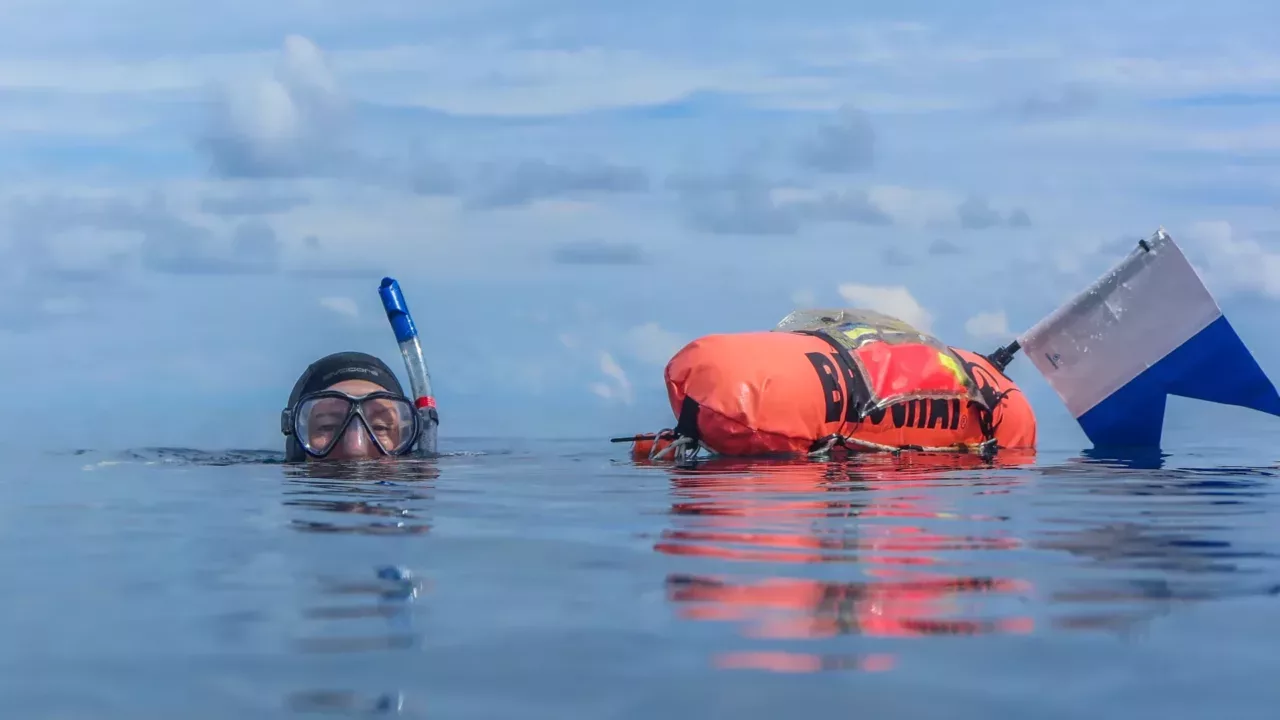The Remote Sensing and Mapping for Coral Reef Conservation Online Course is designed to help marine managers, conservation practitioners, scientists, decision-makers, and GIS professionals decide whether remote sensing products and mapping technologies can help inform their conservation and restoration work, and which tools are best suited to their needs. It prominently features the Allen Coral Atlas, a powerful new tool providing access to high-resolution imagery and global benthic and geomorphic maps of the world’s coral reef habitats. The course also presents fine-scale mapping of live coral cover on small reef areas to guide restoration efforts in the Caribbean.
The three-part course will launch in two phases and will be open to coral reef managers globally. The first two self-paced lessons are currently available, and a third lesson is targeted for release in early 2021. For each lesson completed, participants will be able to download a Certificate of Completion.
The three lessons include:
- Lesson 1: Introduction to Remote Sensing and Coral Reef Mapping
- Lesson 2: Using the Allen Coral Atlas
- Lesson 3: Multi-Scale Mapping of Coral Reefs in the Caribbean
This course was developed by the Reef Resilience Network in partnership with the National Geographic Society and is hosted on The Nature Conservancy’s free online course platform Conservation Training. The lessons were developed with contributions from Arizona State University’s Center for Global Discovery and Conservation Science, Planet, The Nature Conservancy Caribbean Division, the University of Queensland’s Remote Sensing Research Center, and Vulcan Inc.
Register for the course here.

